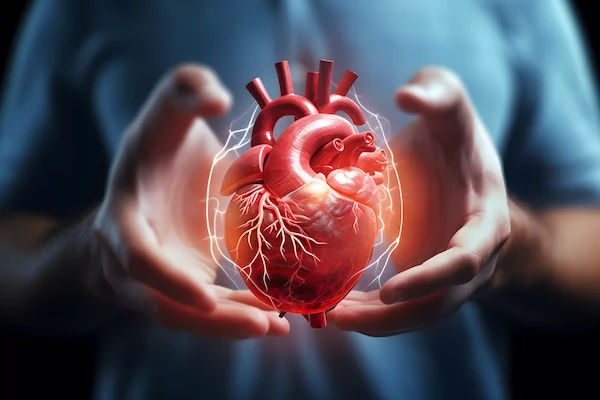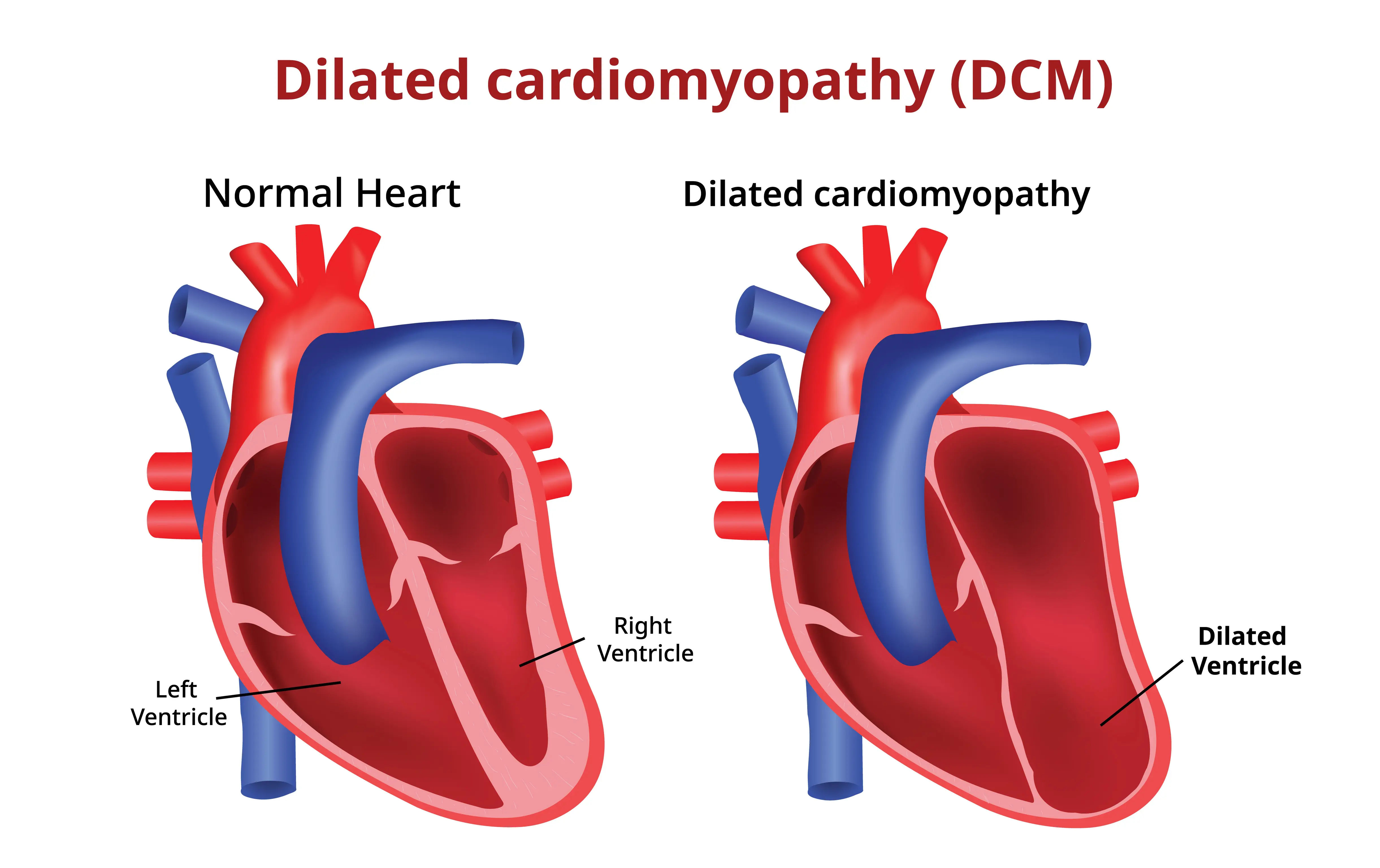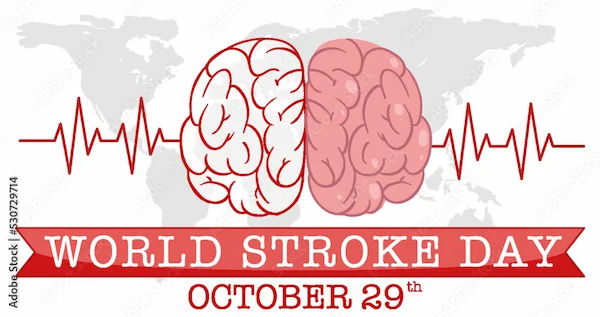- male
- 70 Years
- 31/03/2021
What are the 4 stages of congestive heart failure?
Answered by 1 Apollo Doctors
Four stages of congestive heart failure are Stage A, B, C, D. Stage A and B are pre heart failure stages when persons do not have symptoms but have predilection to heart failure such as Diabetes, Hypertension, obesity, alcohol abuse, heart blocks and family history of heart failure. Stage C is when persons have symptoms, diagnosed with heart failure and responding to treatment. Stage D is when persons have advanced symptoms that may not get better with treatment.
Dr. Ranjith Suggests...
Consult a Cardiologist
Answered 04/07/2025
0
0

More Cardiology Health Queries
View allI'm trying to understand what it means if a TMT result comes back positive. Does this indicate there's an issue with my heart? Should I be worried about any specific heart conditions?
If TMT is positive, it indicates that there may be a problem related to the heart. TMT stands for Treadmill Test, which is a common test used to assess how well your heart responds to stress. A positive TMT result can suggest the presence of coronary artery disease or other heart-related issues. It is important to follow up with your healthcare provider for further evaluation and management.
Answered by 1 Apollo Doctors
My dad is 62 and has been having some real trouble with his breathing. After seeing a doctor, the breathing got a bit better, but he's still coughing a lot. A month later, something strange happenedhe was in bed and suddenly gas was coming out of his mouth, and he had chest pain at the same time. After using the toilet, he felt a little better. Now he's in a hospital in Siliguri, and the doctors there say his heart is a bit weak. I'm thinking about consulting with doctors in South India, but I'm a bit lost on where to go. I heard CMC Vellore has long wait times, and Apollo Chennai is a bit too pricey for us. Can you help suggest the best hospital and doctor in the south for his situation?
Considering your father's condition, it's essential to consult with a cardiologist specializing in heart conditions. Here are some top hospitals and doctors in South India: Top Hospitals 1. Apollo Hospital, Chennai - Known for its advanced technology and world-class doctors, consult
Answered by 1 Apollo Doctors
I'm Aziz and I've been dealing with really high blood pressure, around 200110. I just took ENACE D and ASOMEX AT, but my headache and heart rate keep going up. I'm worried and not sure what to do next. Could you help me figure this out?
no problem u continue medicine
Answered by 1 Apollo Doctors
Disclaimer: Answers on Apollo 247 are not intended to replace your doctor advice. Always seek help of a professional doctor in case of an medical emergency or ailment.





